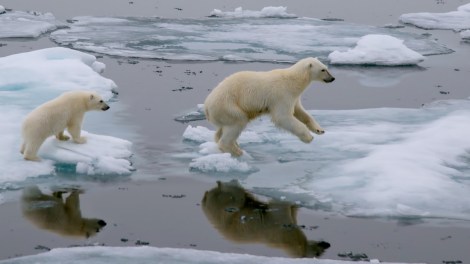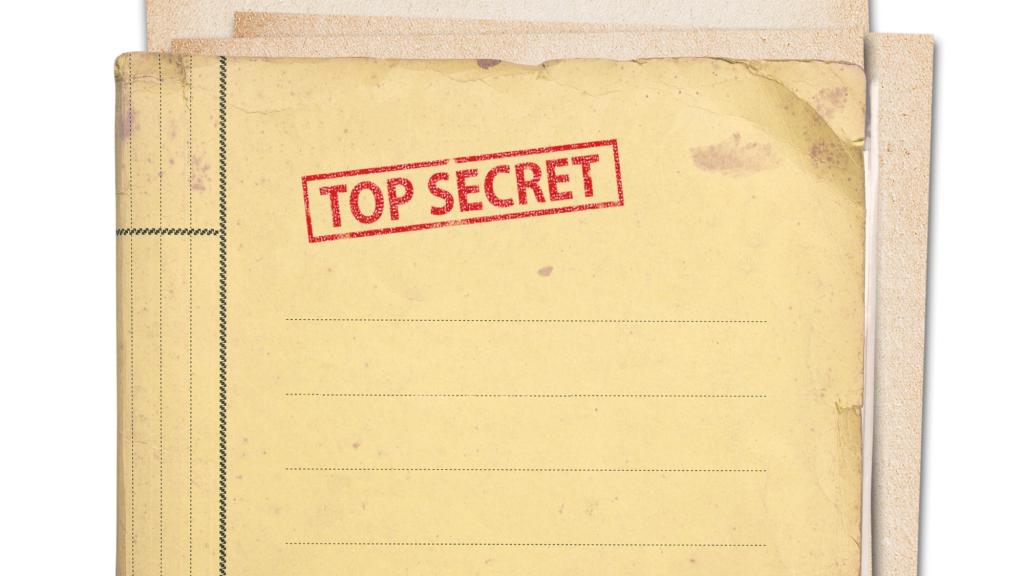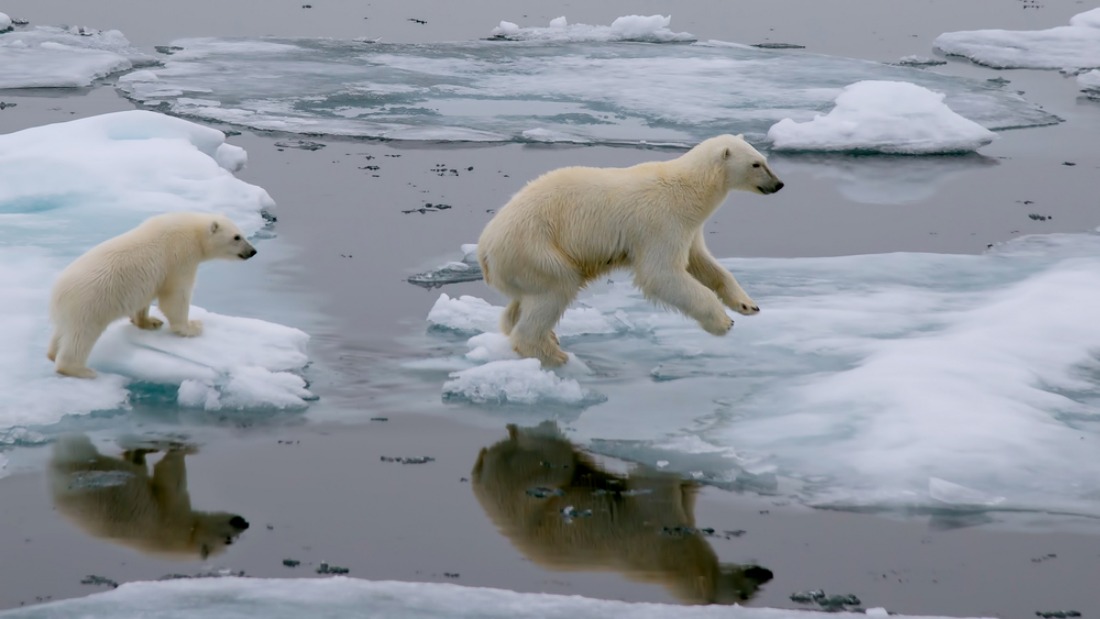
ShutterstockWho will save them after an oil spill?
Oil and shipping companies are salivating as the climate change that they helped cause melts away the ice at the top of the world. Planning and exploration is underway for an Arctic drilling and shipping boom. But what aren’t underway are meaningful preparations for responding to the oil that will inevitably be spilled into the remote and rugged Arctic environment by these accident-prone industries.
The National Research Council has catalogued these hazards in a new report, warning that the lack of Arctic infrastructure would become a “significant liability” should oil be spilled.
“It is unlikely that responders could quickly react to an oil spill unless there were improved port and air access, stronger supply chains, and increased capacity to handle equipment, supplies, and personnel,” wrote the council in a report requested by the American Petroleum Institute and various U.S. agencies. “There is presently no funding mechanism to provide for development, deployment, and maintenance of temporary and permanent infrastructure.”
The report identifies other issues that would hamstring oil spill responses. The U.S. Coast Guard, which coordinates federal responses to most oil spills, has a “low level of presence in the Arctic,” the report notes. “Coast Guard’s efforts to support Arctic oil spill planning and response in the absence of a dedicated and adequate budget are admirable but inadequate.”
It’s particularly challenging to prepare for oil spills in the Arctic. That’s because of the difficult terrain, because the environment is changing so quickly, and because little is known about how spilled oil behaves in such frigid environments.
Even if industry and government do get their acts together and prepare properly for an oil spill, the potential remedies are hideous to even think about. Two of the top responses discussed in the report include using toxic dispersants to dissolve oil and igniting the oil to help it dissipate as air pollution.
But with companies like Shell leading the oil-drilling charge in the Arctic, what could possibly go wrong? Oh, shit …



